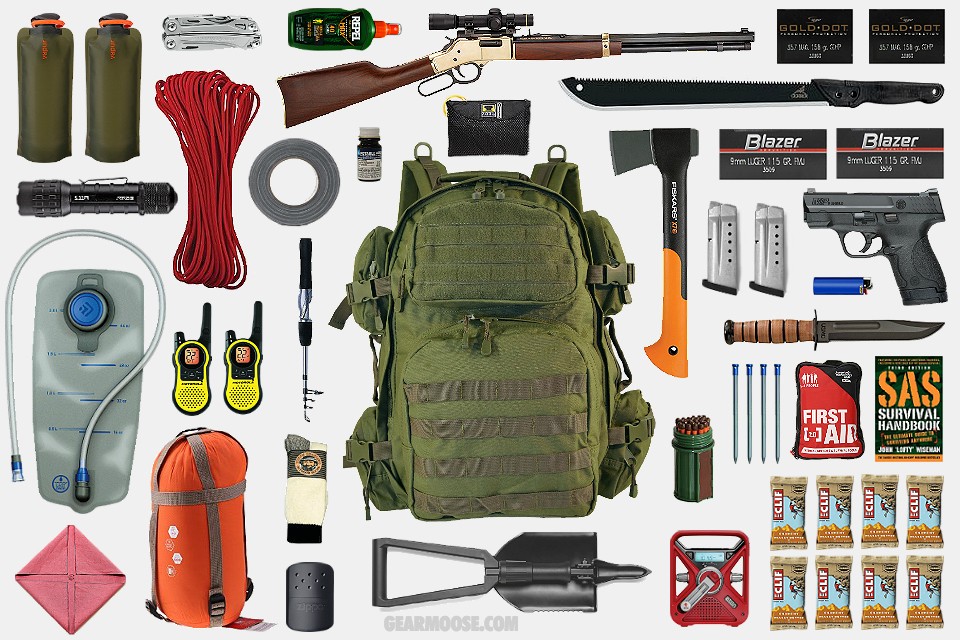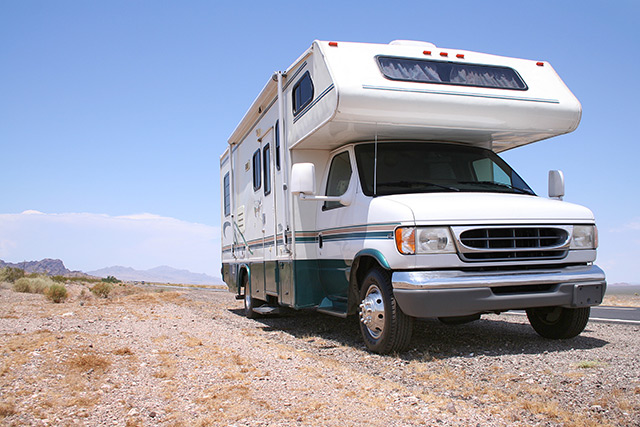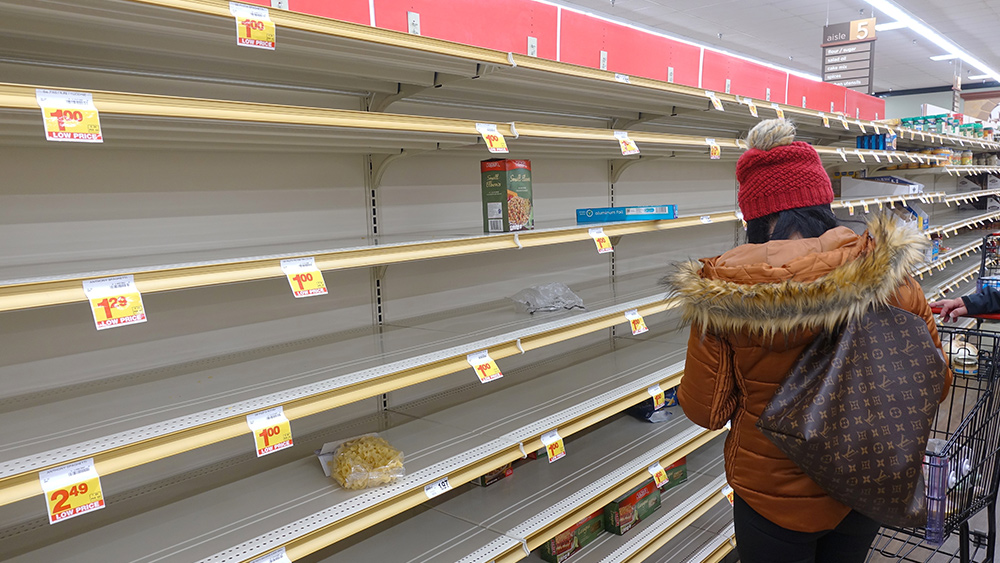Food storage tips: How to store canned foods safely
04/28/2021 / By Zoey Sky

Most prepper stockpiles include an assortment of food supplies like store-bought canned goods, home-canned produce and other crucial survival items.
Before SHTF, make sure your supplies will last for a long time by storing canned foods properly. (h/t to TheOrganicPrepper.com)
Follow the tips below to avoid spoilage and food poisoning when stocking up on canned foods.
Pay attention to “Best By” dates
The “Best By” date on products refers to when the manufacturer estimates the product will remain at the best quality possible in terms of color, texture, smell and taste. However, this date doesn’t strictly determine when the contents spoil. The same goes for expiration dates on commercially canned items.
There are some exceptions, like items that need to be kept cold, such as:
These dates are important because they are guidelines for after you’ve bought items and stored them away. Take note of “Best By” dates so you can rotate items in your stockpile to prevent spoilage.
Below is more information about other common terms and dates that are often stamped on food products:
- Guaranteed Fresh – Refers to the date when it’s best to use up a product for maximum freshness.
- Sell-By – This date is for the store. It tells them how long to display the product for sale. Used for inventory management, the sell-by date isn’t a safety date.
- Use-By – This refers to the last date recommended to use the product while it’s at peak quality. This isn’t a safety date, except when used on infant formula.
Most of the time, you can continue using food, particularly canned food, several days past the date on the product. Some states require milk and other perishables to be sold before the expiration date.
Most expiration dates on canned foods can sometimes be extended
Since expiration dates on canned goods aren’t hard lines for when a product spoils, you can sometimes extend them for several years. These days, expiration dates on canned goods are replaced by “Best By” or “Best if Used By” dates.
Both the Grocery Manufacturers Association and the Food Marketing Institute hope to prevent food waste by encouraging major food manufacturers and retailers to stop using expiration and sell-by dates if food safety isn’t involved.
There is no federal law regarding expiration dates
Federal law only requires product dating for infant formula. While this isn’t a requirement, manufacturers still use expiration dates to earn more money. For example, if you buy a product that isn’t as fresh or palatable as another brand, you’ll probably try the other brand. But if there’s an expiration date slapped on it, you might be persuaded to think the food’s just “expired” and give the product another go.
Preventing botulism
Metal, factory-sealed cans won’t break like glass containers, but they can bend and get dented. Seals on cans with pre-scored pull tabs can also become compromised. Clostridium botulinum can spread in cases of compromised seals and containers. (Related: Prepper tips: How to keep your food stockpile safe.)
C. botulinum is the bacterium that produces fatal botulism toxin under low-oxygen conditions. These toxins block nerve function and can cause respiratory and muscular paralysis, which can kill someone who consumes spoiled food.
Foodborne botulism is caused by consuming improperly processed, canned, preserved or fermented foods. This bacterium can exist in any improperly canned item, so keep your tools clean and follow instructions when home canning fruits and vegetables.
While “best by” dates don’t indicate when foods expire, inspect canned food items before preparing or serving them. It’s not worth risking your life over a can of beans that has already gone bad.
When disposing of food that seems to have gone bad, dispose of it properly where animals cannot get to it because your pets or livestock can also get botulism.
Follow these tips to prevent botulism when purchasing canned food:
- Examine all containers before buying items at the grocery store. Don’t purchase unsealed, cracked or dented containers.
- Get rid of items with containers that are bulging, dented, leaking or cracked.
- Don’t buy pre-scored cans of food with pop-top lids. Choose regular canned food and stock up on several high-quality manual can openers. While you can’t see or taste botulism, you can listen for the small release of air that happens when you break the seal of a jar or can of food.
- Don’t let raw or cooked foods stay at room temperature for too long before refrigerating them.
- Reheat leftovers to the sustained internal temp of 185 F (85 C) before serving.
When stocking up on canned food, rotate your food supplies regularly to prevent spoilage in your survival stockpile.
Sources include:
Tagged Under: canned food, emergency food, food safety, food security, Food storage, food supply, homesteading, off grid, preparedness, prepper, prepping, SHTF, survival, survival food, sustainable living, tips
RECENT NEWS & ARTICLES
COPYRIGHT © 2017 PREPAREDNESS NEWS




















